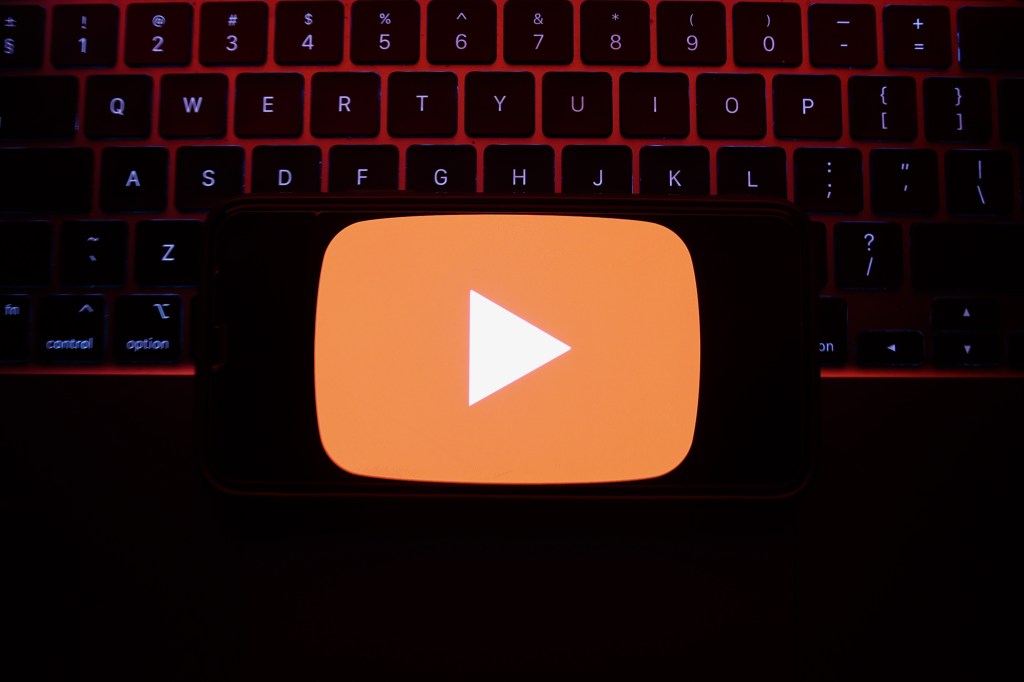Come September 1, Google Chrome will block, by default, all Flash video on websites where video isn’t “central to the web page.” And yes, that includes Flash-based ads. Sorry, marketers.
Beta versions of Chrome have been able to block autoplaying Flash videos by default since June, but this is the first time that the standard, non-beta version of Chrome will be able to do do so by default without resorting to blocking Flash entirely or installing extensions like AdBlock Plus or Flashcontrol.
Videos by VICE
Clicking the blocked Flash video will then cause it to play.
Google says the change should “significantly reduce power consumption,” which is particularly helpful for Mac users given that Chrome is a well-documented battery hog compared to Safari.
The change, which won’t affect video-based sites like YouTube, should also help users avoid the kind of malware that’s spread via infected, Flash-based ads.



